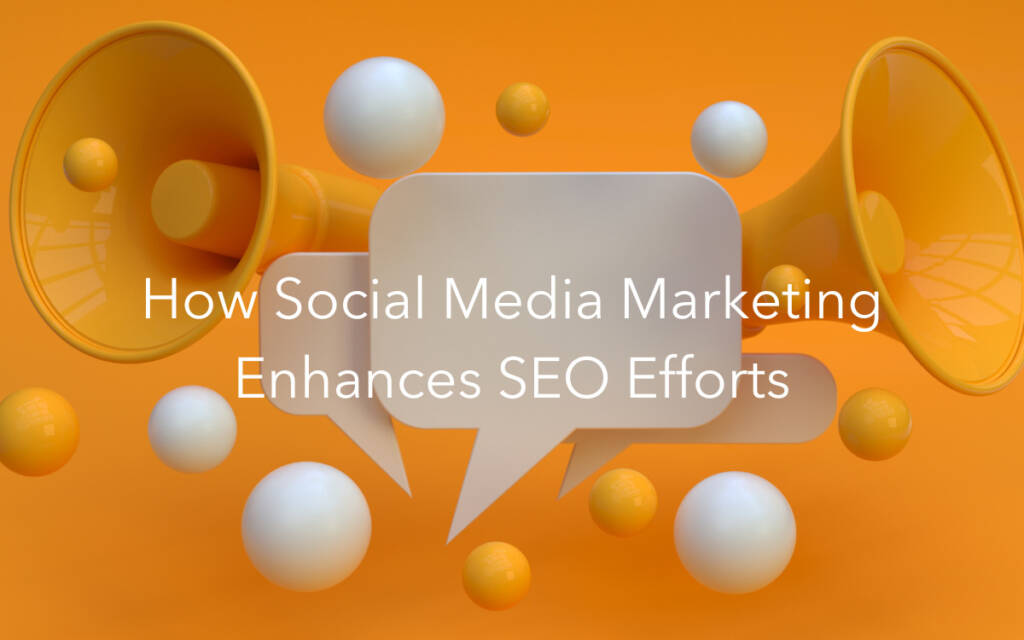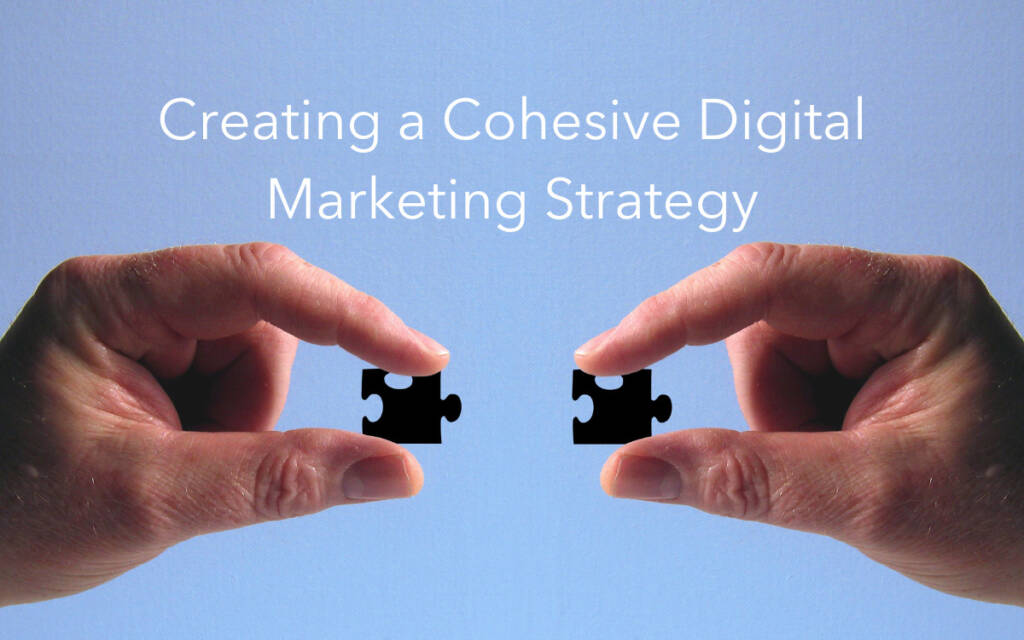In today’s fast-paced digital world, Small and Medium-sized Enterprises (SMEs) face unique challenges in promoting their products and services. With the ever-growing popularity of social media platforms, Social Media Marketing (SMM) has become a critical component of effective digital marketing strategies. To stay ahead of the competition, it’s essential for SMEs to adopt a clear and concise digital marketing plan that incorporates Search Engine Optimisation (SEO) and Social Media Marketing. This approach ensures a strong online presence, leading to increased brand visibility, customer engagement, and ultimately, business growth. In this article, we’ll delve into the reasons why integrating SEO and Social Media Marketing is crucial for the success of SMEs and explore the advantages and various aspects of these digital marketing strategies.

The Power of Social Media Marketing for SMEs
Social media marketing has transformed the way small and medium-sized enterprises (SMEs) can connect with their customers and grow their businesses. Unlike traditional marketing methods, SMM provides businesses with the ability to engage with their customers in real-time, creating a more personalised experience.
One of the most significant benefits of social media marketing is its cost-effectiveness. Compared to traditional advertising, SMM is a relatively inexpensive way for businesses to promote their products and services. SMEs can create engaging content and reach their target audience with a minimal budget, allowing them to compete with larger brands on a level playing field.
Moreover, SMM provides SMEs with the opportunity to gather valuable data and insights about their target audience. By tracking likes, shares, and comments, businesses can gain valuable feedback on their products and services, enabling them to make informed decisions about their marketing strategy.
Another advantage of social media marketing is that it enables businesses to build brand loyalty and trust. By creating a strong online presence and engaging with their customers regularly, SMEs can establish themselves as trusted authorities in their respective industries. This trust can translate into increased sales, customer retention, and referrals.

Combining SEO and Social Media Marketing for Maximum Impact
To fully capitalise on the potential of social media marketing, small and medium-sized enterprises (SMEs) must integrate it with their search engine optimization (SEO) efforts. By doing so, businesses can increase their visibility online, drive organic traffic to their website, and improve their overall online presence.
SEO is the practice of optimising website content to rank higher on search engine results pages (SERPs). By researching and using targeted keywords in their content, businesses can improve their visibility and attract a larger audience. When combined with social media marketing, SMEs can expand their reach even further by using social media platforms to drive traffic to their website.
Moreover, social media marketing can also help businesses improve their SEO rankings. By regularly posting valuable content and engaging with their audience on social media, SMEs can attract high-quality backlinks to their website, which is a crucial ranking factor for search engines. Additionally, social media profiles can rank on search engine results pages, giving SMEs additional visibility and opportunities to attract potential customers.
To fully harness the potential of SEO and SMM, SMEs must ensure that their website and social media profiles are optimised for their target audience.

How Social Media Marketing Enhances SEO Efforts
In addition to its potential to drive organic traffic to a website, social media marketing can also have a positive impact on a business’s search engine optimisation efforts. Social media platforms can serve as a valuable source of high-quality backlinks, which are essential for improving search engine rankings. When a business shares high-quality content on social media, it increases the likelihood that other websites will link back to that content, providing a valuable signal to search engines that the content is relevant and authoritative.
Moreover, social media signals such as likes, shares, and comments can also impact a website’s search engine ranking. Search engines such as Google consider these signals as indicators of a website’s relevance and authority, which can help improve its search engine ranking. A strong social media presence can generate a high volume of likes, shares, and comments, signalling to search engines that the content is popular and valuable, leading to improved rankings.
Additionally, social media profiles can also rank on search engine results pages, providing businesses with additional visibility and opportunities to attract potential customers. Optimising social media profiles with relevant keywords, high-quality images, and engaging content can increase the likelihood of social media profiles appearing on search engine results pages, ultimately leading to increased organic traffic and improved search engine rankings.

Creating a Cohesive Digital Marketing Strategy
For SMEs to truly succeed in the digital landscape, it’s crucial to create a cohesive digital marketing strategy that combines the strengths of SEO and social media marketing. This means developing a consistent brand message and creating high-quality content that resonates with the target audience, then promoting this content across multiple channels.
The first step in creating a cohesive digital marketing strategy is to define the brand’s voice and message. This involves identifying the target audience, understanding their pain points, and crafting a message that speaks directly to them. By developing a consistent brand message, businesses can create a strong online presence that resonates with their target audience, building trust and loyalty over time.
Once the brand message is established, the next step is to create high-quality content that appeals to the target audience. This includes blog posts, infographics, videos, and other types of content that provide value to the audience. By creating high-quality content, businesses can establish themselves as thought leaders in their industry, increasing their credibility and authority.
The next step is to promote this content across multiple channels, including social media, email, and other online platforms. By integrating SEO and social media marketing, businesses can maximise their online reach, drive higher engagement, and ultimately, achieve their marketing goals. This involves optimising content for keywords, creating engaging social media posts, and using paid advertising to reach a wider audience.

In Summary
Incorporating a clear and concise digital marketing plan that includes SEO and social media marketing is crucial for the success of small and medium-sized enterprises (SMEs) in today’s digital age. With more businesses competing online, it’s essential to leverage the power of these digital marketing strategies to establish a robust online presence, engage with the target audience, and drive business growth.
By embracing SEO and social media marketing, SMEs can attract and retain a larger audience, improve their search engine rankings, and build brand loyalty. Social media marketing provides an unparalleled opportunity for businesses to connect with their customers, build trust, and create a personalised experience. With billions of active users on social media platforms, SMEs can reach a wider audience and expand their reach exponentially.
Moreover, the digital landscape is continually evolving, and SMEs must adapt their marketing strategies accordingly to stay ahead of the curve. This means regularly reviewing and updating their digital marketing plan to ensure it remains effective and relevant. As new technologies and platforms emerge, SMEs must be willing to experiment and test new strategies to discover what works best for their business.
In summary, incorporating a clear and concise digital marketing plan that includes SEO and social media marketing is crucial for the success of SMEs in today’s digital landscape. By leveraging the power of these strategies, businesses can establish a robust online presence, engage with their target audience, and drive business growth. To stay ahead of the curve, SMEs must embrace the evolving digital landscape and adapt their marketing strategies accordingly. By doing so, they can maximise their online reach and achieve their marketing goals in today’s competitive market.
Get in touch with us here to discuss your marketing requirements in more depth!

